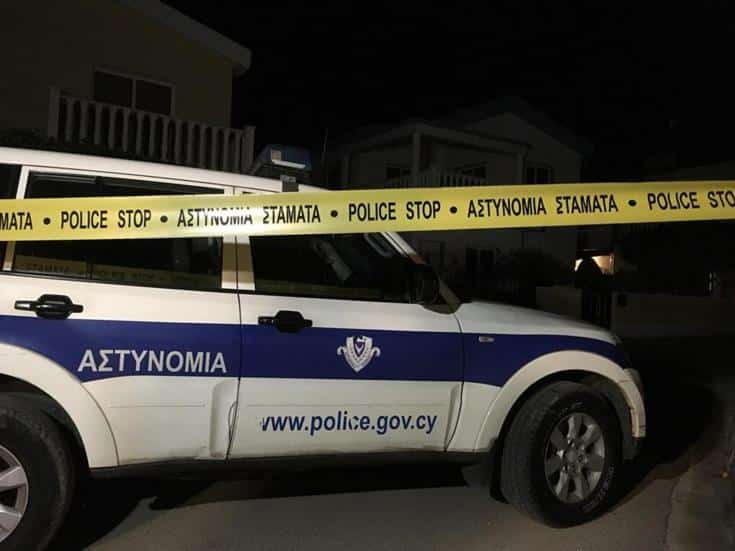Cyprus needs to formulate a national strategy to tackle organised crime, according to Cypriot professor of criminology and criminal justice at the University of Cyprus Andreas Kapardis.
Speaking to the Cyprus News Agency (CNA) on Thursday, he also advocated for the establishment of a coordinating task force of “essential services aimed at combating crime”.
Kapardis suggested the re-establishment of an anti-crime political council that was created several years ago, but later disbanded due to its ineffectiveness.
He expressed concern over the surge in serious crime, noting a new dimension with attacks against representatives of the justice system.
Kapardis was referring to Tuesday night’s attack on a public prosecutor’s car, as well as to the attempted murder of a 49-year-old man in Aglandjia on Monday.
“The recent rise in drug trafficking and usage on the island has armed the hands of many criminals, leading to increased audacity,” Kapardis said.
Highlighting the attacks against justice system representatives, he stressed that Cyprus is not Mexico or Italy, “where the mafia traditionally targeted judges and prosecutors.”
“Cyprus has traditionally been a country of common law with a relatively small society and crime that did not reach such dimensions,” he said, thus calling for a new and comprehensive approach to emerging and concerning realities.
“The country needs a national strategy with immediate, mid-term, and long-term measures, as well as perfect coordination among relevant services, something that is currently lacking.”
He described the attacks against justice representatives as “a very disturbing phenomenon”, adding that their persistence depends on the state’s response.
“The more cases are solved, the stronger the message is that crime does not go unpunished,” he explained.
Regarding measures such as surveillance and camera placement, Kapardis said that their main benefit lies in the strengthening of people’s sense of security and a concrete police presence.
“However, the state should consider the creation of a task force as an immediately effective measure to combat organised crime,” he added.
“Stronger and more effective measures against criminality should have been adopted long ago. That is why we now need an anti-crime council.”
In conclusion, Kapardis stressed the need for a proactive approach in tackling organised crime, explaining that criminals have been the first to exploit the opportunities provided by international cooperation.
“It would have been odd if they didn’t take advantage of the opportunities provided by international cooperation,” he said.







Click here to change your cookie preferences